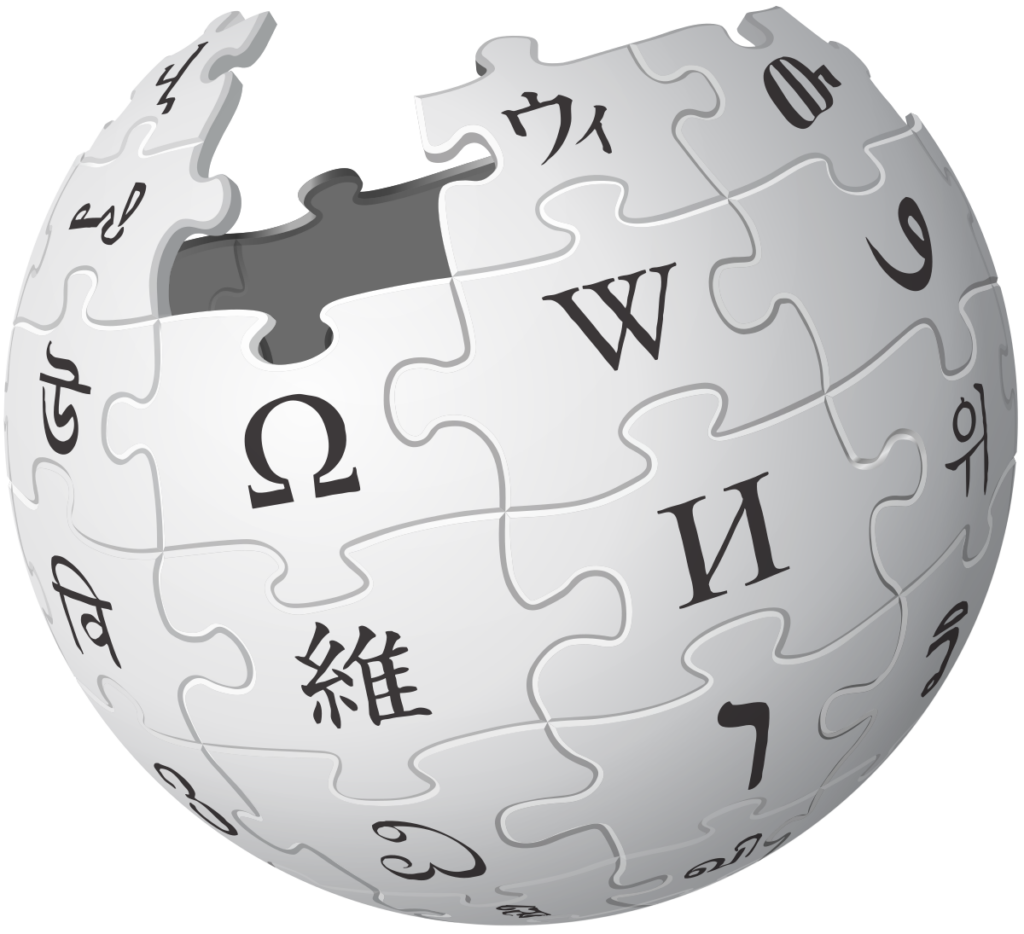The Concerning Way Wikipedia Influences Court Case Verdicts
A team of researchers who conducted a study on Wikipedia at MIT discovered a concerning trend involving the website and court case verdicts.
This article is more than 2 years old

Wikipedia is an exceedingly useful online resource. There is a wealth of knowledge that can be extracted from its seemingly infinite number of pages. That being said, it is important that one fact checks the information they glean from Wikipedia, as it’s a source where anyone in the public can contribute. This could hinder the accuracy of the information found there. That inherent flaw is one that users should be cognizant of, but for the average person a lack of 100% accurate information doesn’t come with huge consequences. However, a recent report published by researchers at MIT revealed something rather concerning. The report found that judges and the way they think and rule on cases are being influenced by the information they find on Wikipedia.
Through their study, the MIT researchers found that judges were more likely to cite past cases or use them as references for their ruling if there was a Wikipedia article on that case. The team of researchers also found that educators instructing those aspiring to work in the legal realm were more likely to use Wikipedia as a resource to help students deconstruct and evaluate past court cases. In examining their findings, the team at MIT deduced that those who have minds particularly attune to the interworkings and nuances of law used Wikipedia similar to the way a person passionate about a certain hobby or topic would, using it as a way to absorb every detail possible and then taking those details to inform their own decision and perspectives.
The MIT researchers conducted the study by first writing 150 articles relating to Irish Supreme Court cases. Deductively, the niche area likely made their research easier to measure. After writing the articles 75 were chosen to be published on Wikipedia. After they were published, computer scientists at MIT were able to track how many times judges used those articles to inform their own judicial rulings. Ultimately, the team at MIT was able to detect that the cases that were published on Wikipedia were used 20% more often overall in judicial citations than the cases that had not been.
However, the team did find that judges in higher courts did not resort to referring to Wikipedia to inform themselves about past cases as often as officials in lower courts did. The researchers attributed this to the workloads associated with lower branches versus higher branches of the courts. “Wikipedia is used more by judges or clerks who have a heavier workload, for whom the convenience of Wikipedia offers a greater attraction,” detailed an MIT researcher who worked on the study.
Ultimately, the MIT researchers relayed that they hope the findings to come out of their study galvanize experts in their fields to make the effort to ensure the most pertinent information on Wikipedia is factual and free from error in their respective areas of expertise. Considering that judges, people with the power to forever change someone’s life, are haphazardly using it as a resource that alone should serve as a call to action. “We hope they’ll see our results and form committees of experts to engage with Wikipedia and other information sources to work to make them more authoritative,” asserted an MIT researcher.






